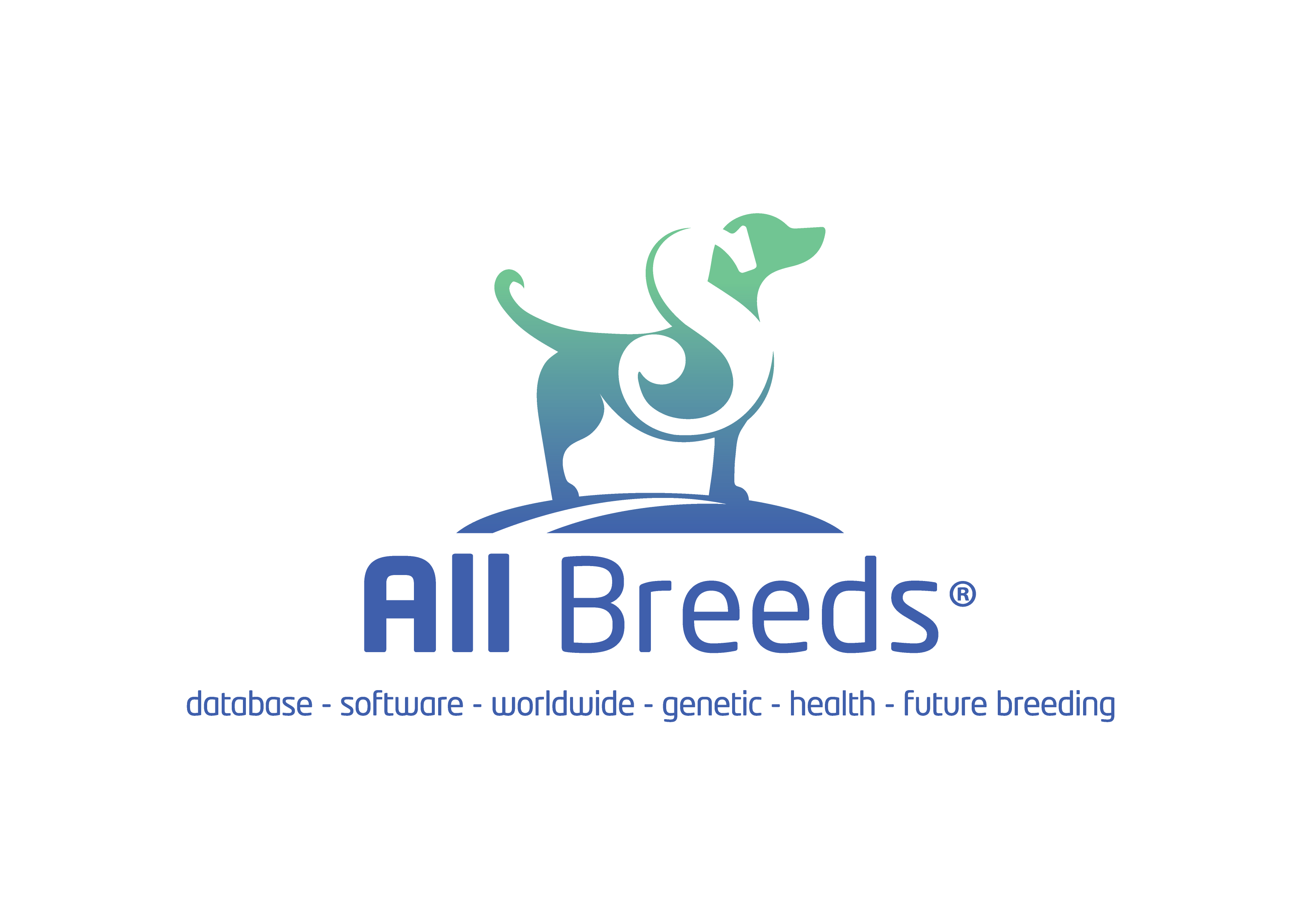It is known that inbreeding in different dog breeds is an increasingly important issue. Targeted breeding to enhance specific traits has, in many cases, led to higher genetic homogeneity and subsequently higher inbreeding rates within certain breeds. Inbreeding can result in long-term genetic problems and health issues, significantly affecting the animals’ quality of life.
Genetic inbreeding is measured using the coefficient of inbreeding (COI), indicating how closely related the parent animals are. A higher COI indicates greater genetic similarity between the parent animals. Different dog breeds have different average inbreeding values, influenced by various factors including breed popularity, breeding practices, and the effects of targeted breeding programs.
The effects of inbreeding can be diverse, ranging from increased susceptibility to genetically inherited diseases to reduced life expectancy. Hip dysplasia, heart problems, eye conditions, and immune system disorders are just a few of the health issues associated with inbreeding.
It is important to emphasize that not all dogs of a breed are necessarily affected by inbreeding, and not every breed exhibits the same inbreeding rate. Responsible breeders strive to maintain genetic diversity and minimize inbreeding by carefully selecting parent animals to ensure healthy offspring.
To reduce the negative impacts of inbreeding, it is crucial for breeders, veterinarians, and dog enthusiasts to collaborate. By promoting breeding programs aimed at preserving genetic diversity and educating dog owners about the importance of selecting breeding partners with lower inbreeding rates, we can contribute to improving the health and well-being of dogs in the long run.
The All Breed Database is a remarkable resource for breeders, enabling them to calculate the average expected genetic inbreeding value of a litter from two specific dogs. This database gathers extensive information about dogs of various breeds, allowing breeders to predict the inbreeding coefficient of potential offspring before deciding to mate two dogs. This helps reduce the likelihood of genetically inherited diseases or other issues resulting from inbreeding.
Furthermore, All Breeds offers breed-specific compiled genetic packages. These packages include genetic tests and analyses, allowing breeders to minimize the risk of specific genetic diseases or conditions. By examining the genetic profile of potential parent animals, breeders can make more informed decisions and maintain genetic diversity in their litters.
Using these resources and tools enables breeders to actively plan ahead and promote genetic health and diversity in their breeding programs. It also facilitates a more conscious selection of breeding partners to preserve genetic diversity and minimize the negative effects of inbreeding.
However, it is crucial to emphasize that using the database is just a part of the larger picture. Responsible breeding requires a holistic approach that also considers aspects such as appropriate animal care, careful selection of breeding animals, adequate veterinary care, and a positive social environment for the animals.
The All Breed Database and breed-specific genetic packages are valuable tools for breeders to preserve the genetic health and diversity in dog breeds. Their utilization, coupled with a comprehensive consideration of all aspects of dog breeding, can help promote healthy and robust offspring, free from genetic diseases and issues.



